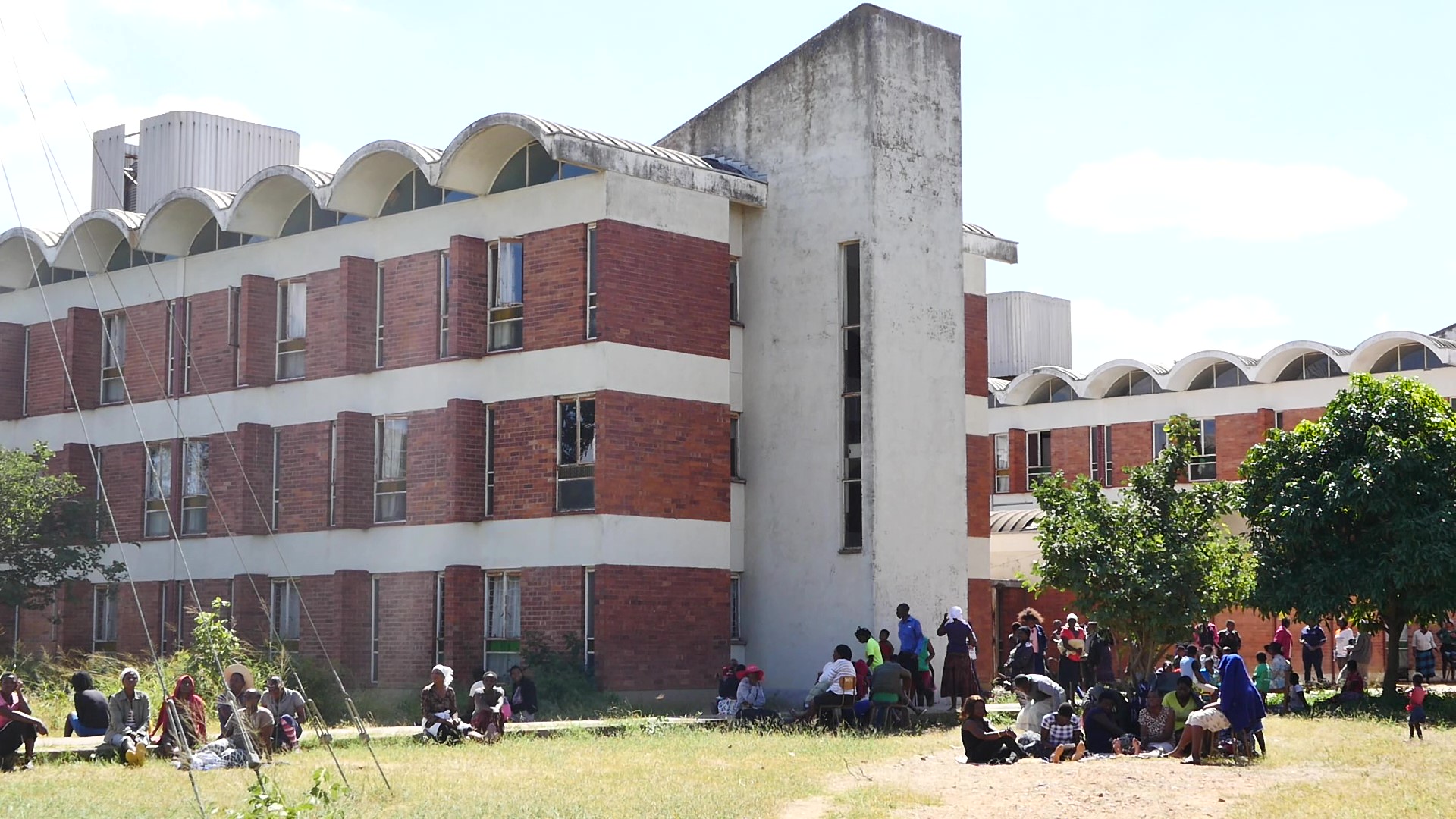Out of the 456 Zimbabweans who were deported from Botswana soon after that country’s lockdown began, 193 have tested negative for COVID-19.
The other remainder is yet to be tested as local officials are still awaiting the arrival of testing kits.
256 men are being accommodated at Bulawayo Polytechnic while 200 women including their children are housed at the United College for Education (UCE).
From the 256 men, 94 were tested while from the 200 women and children, 99 were tested.
Some of the deportees are Bulawayo residents while others come from Gokwe, Masvingo, Zvimba, Mutare, Harare and others parts of the country.
Among the deportees are some who had gone for shopping but were caught up as Botswana started its lockdown, others had no proper documentation plus a few criminals who had been pardoned by the Botswana president, said Deputy Minister of Public Service , Labour and Social Welfare, Lovemore Matuke at a briefing in Bulawayo Wednesday to make
an assessment of the deportees’ living conditions.
“I was tasked to make an assessment and give a report to my minister (Professor Paul Mavima) after meeting our returning residents from Botswana and looking at their welfare to see whether they are happy or if as a ministry we are doing enough to service them. It is not better than your house but under the current economic situation and budget deployed, we have to make do,” Matuke said while noting it was the ministry’s mandate to cater for its returning residents in view of COVID-19.
“As has been indicated, this virus is a new thing and we are learning but we hope to do our best. I was informed that Bulawayo Polytechnic is housing 256 people from Botswana and I am happy to say 94 were tested and are negative,” he said.
“As the 94 return to their homes, they will also stay at home and comply with the mandatory two weeks extension of the country’s lockdown until May 3.We will try and have more test kits, but I understand another 42 are set to be tested once we have enough resources and so on until all can join their families.”
At UCE, the deputy minister said of the 99 who were tested, 78 were adults and 21 are children.
“Rapid testing was used to test since, as from yesterday (Tuesday) to today (Wednesday) and their results are back. These are people who have to go back home once transport is availed,” he said.
Matuke added that apart from taking care of their upkeep, the ministry was also supposed to provide transport for the deportees so they travel to their respective homes.
“The next step is to try provide transport as it is the responsibility of the government to transport those brothers and sisters back to their original homes,” Matuke said.
But the challenge Matuke highlighted was these people were coming from different directions all over the country, a situation which presented logistical challenges.
“One is going to Tsholotsho, the other Zvimba, others to Masvingo so the officials are now seized with those arrangements to make sure we provide enough transport. Apart from transport, the ministry will make sure they also have an out of pocket allowance so that as they move they will be able to buy a banana or orange to feed themselves to their final destination,” he said.
He noted that the allowance had to cater for the deportees as they went to their homes.
“We have a mixed bag here (those housed at Bulawayo Polytechnic) including some few criminals who were pardoned by the Batswana president and deported because of COVID-19 in Botswana. I think police will have to be on the lookout to make sure they have enough details to trace all those people, in case some are bad apples,” Matuke said.
The deputy minister said the government has allocated $5 million to provide social protection services such as this cause.
“We can increase as demand as we have more and more people coming in so the budget may be stretched to meet the demand,” he noted.
As for when other test kits would be delivered to test the remaining groups, Matuke said, “we respond to responses that are provided by the Ministry of Health and Child Care. There are various areas that need to be serviced as there are people also locked in Beitbridge plus all other borders, which are waiting for own distributions.”
He added frontline staff such as nurses also had to be tested as well so that when they worked with people they were COVID-19 free.
Matuke added from Bulawayo, he was heading to Plumtree to check on the first group of deportees to see how they were progressing.
“I have to go and check whether they are still there, so I don’t exaggerate,” he said.

